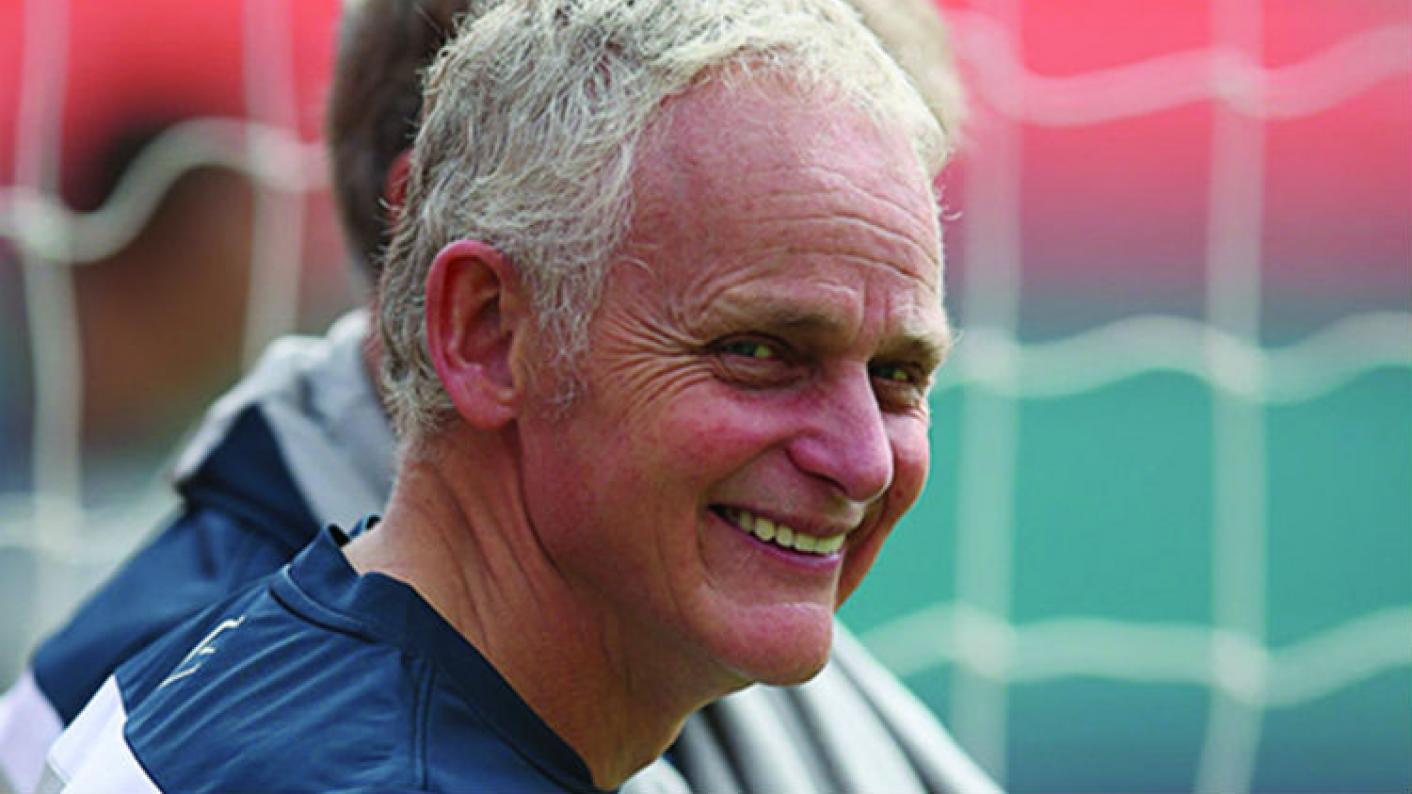Steve Peters doesn’t believe that teachers in leadership roles are born to do it. He says those of us not naturally blessed can learn the skills and do just as well, if not better, than those with leadership in their DNA.
The psychiatrist has worked with everyone from Liverpool Football Club to Team Sky, and also numerous teachers, leadership teams and headteachers.
“It’s not just in your genes,” he says. “It could also be what you've been taught. You may not be a natural leader but you find such pleasure in helping people that you become a leader and you learn the skills anyhow.”
This belief in every person having the capacity to lead is particularly interesting in education. Schools are struggling to recruit headteachers and part of the problem is that the pressure of accountability is putting people off.
But a belief that only certain people are “born to do it” is also a factor undermining confidence and is often cited as a reason for the lack of female teachers seeking promotion. Peters is certain, however, that you can learn to be a great leader.
Be willing to listen and learn
“If you're willing to listen and you’re willing to look, you're bound to pick things up that will make you think and refine how you're approaching or dealing with others,” says Peters.
“I think the same applies to leaders – you're going to look at somebody and say ‘that’s a clever way of managing that particular problem’, or ‘that’s a clever way of approaching a team’. If you boil it all down it’s like a tool box. Can you pick the right tool at the right time for the job you're going to do? That’s the key.”
“There may be times when you have to be very firm with a team and fix boundaries and there may be other times when you loosen those boundaries because this is where the team can learn and explore,” says Peters.
Regardless of whether or not he’s working with a Tour de France cyclist or a teacher, he says that the starting point for helping people to develop leadership skills is always the same: does the person know themselves well enough?
“Do they understand themselves well? Do they understand their own thinking, their own emotions, and their own behavior, and can they manage these things?” asks Peters. “If someone is not in a good place in terms of their confidence and their self-esteem, it is very unlikely that they will be able to deal with things that come their way without wobbling.”
Get in the right mindset
Once the person has the right mindset, you can begin to build up the necessary leadership skills. Peters says all leaders need to learn basic people skills, no matter which sector they work in. Beyond this, the attributes need to become more tailored to the context and demands of the leadership role.
“If you're asking someone to lead on an expedition then they're probably going to have a certain set of skills, but if you’re asking someone to lead adolescents in doing some tasks they're going to need different leaderships skills,” he says.
“I don't think there is a specific checklist that all leaders will have, but a flexible leader will change their stance depending on what’s happening in front of them.”
“The ability to be flexible, perceptive, a good listener and someone who learns to negotiate, who mediates, [is very important]” says Peters.
